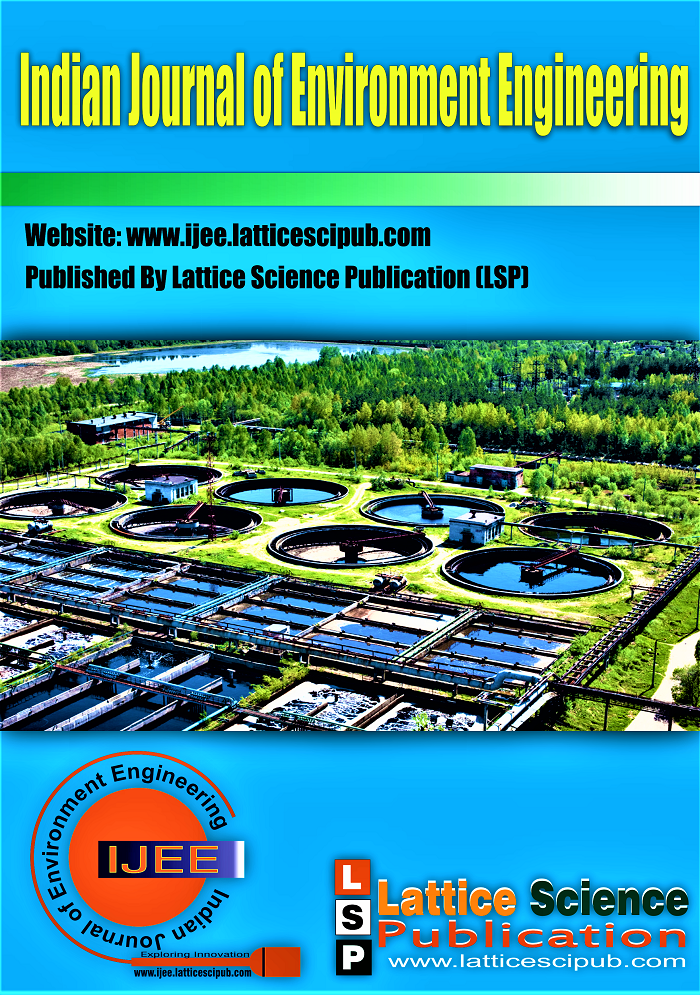Mechanism of Corrosion in Production Wells using Stainless Steel: Review
Main Article Content
Abstract
It is essential for the designers, engineers and field operators, who designs and fabricates to be duly mindful of corrosion so as to enjoy undisturbed production, since most field materials are subjected to corrosion. This will prolong the commercial existence of production facilities. This paper provides an all-round review of challenges of corrosion while producing and proffers antidotes. The mechanism of corrosion was studied with the different kinds of corrosion that is experience in the Petroleum industry.
Downloads
Article Details

This work is licensed under a Creative Commons Attribution-NonCommercial-NoDerivatives 4.0 International License.
How to Cite
References
Baojun D. (2021): Major corrosion influence factors analysis in the
production well of
CO2 flooding and the optimization of relative anti-corrosion
measures, Researchgate.
Barbara A. S. and Robert G. K. (2006): What is Corrosion? The
Electrochemical
Society Interface; Page 24 - 26.
Corbin D, Willson E (2007): New technology for real-time corrosion
detection. Tri6. service corrosion conference, USA Dugstad A. (1992): The
importance of FeCO3 supersaturation on the CO2 corrosion of carbon
steels, corrosion 92, paper 14. NACE, Houston.
Costica B., Diana P.B.N. and Nicanor C.(2021): Immersion
Behavior of Carbon
Steel, Phosphate Carbon Steel and Phosphate and Painted Carbon
Steel in Saltwater,
Researchgate.
George K., Nesic S., deWaard C., (2004): Electrochemical
investigation and
modelling of CO2 corrosion of mild steel in the presence of acetic
acid, Corrosion, paper no. 379 (Houston, TX: NACE International.
Falkland et al. (2011): Uhlig's Corrosion Handbook, Third Edition,
Duplex Stainless
Steels, Researchgate.
Moural V.S. et al. (2008): Influence of microstructure on the
corrosion resistance of
the duplex stainless steel UNS S31803, Elsevier, Volume 59, Issue 8,
Pages 1127-1132.
Popoola et al. (2013): Corrosion problems during oil and gas
production and its [CrossRef]
mitigation; International Journal of Industrial Chemistry, 4:35
Kermani M.B., Smith L.M. (1997): CO2 corrosion control in oil and
gas production –
design considerations. The Institute of Materials, European
Federation of Corrosion Publications, London.
Kjell W. (2021): Corrosion monitoring in refineries, Techniques for
Corrosion
Monitoring, Researchgate.
Masakatsu U., Hideki T. and Perry Ian N.( 2000): The Development
and
Implementation of a New Alloyed Steel for Oil and Gas Production
Wells, NACE-00154.
Tamura H.(2008): The role of rusts in corrosion and corrosion
protection of iron and [CrossRef]
steel; Volume 50, Issue 7, Elsevier, Pages 1872-1883.
Montemor M.F. (2014): Functional and smart coatings for corrosion
protection - A [CrossRef]
review of recent advances, Surface and Coatings Technology;
Volume 258, Pages 17-37.
Nesic et al. (2003): A mechanistic model for CO2 corrosion of mild
steel in the
presence of protective iron carbonate scales – Scale growth model,
Corrosion 59, 616. [CrossRef]
Roberge P.R. (2000): Handbook of corrosion engineering. McGrawHill, New York.
Simmons M.R. (2008): Report of Offshore Technology Conference
(OTC)
presentation (Houston, TX: NACE International Oil and Gas
Production.
Teresa E. P. (2013): Corrosion in the Oil and Gas Industry - An
Increasing Challenge
for Materials; JOM, Vol. 65, No. 8.
Wang S., George K., Nesic S. (2004): High pressure CO2 corrosion
electrochemistry
and the effect of acetic acid, CORROSION, paper no. 375, NACE
International.
Weeter RF (1965) Desorption of oxygen from water using natural
gas for counter-[CrossRef]
current stripping. J Petrol Technology 17(5):51.
Zaki A.(2006): Principles of Corrosion Engineering and Corrosion
Control, Cathodic
Protection, Researchgate.





